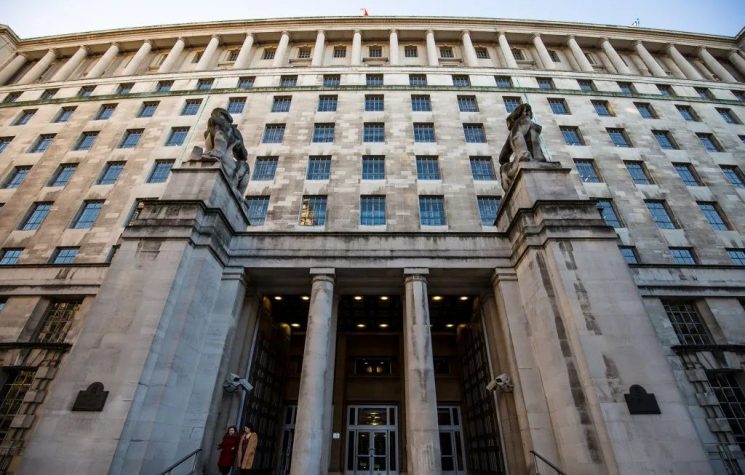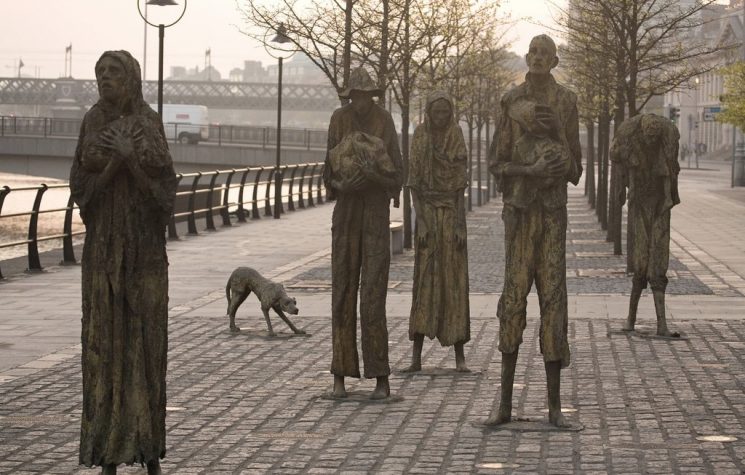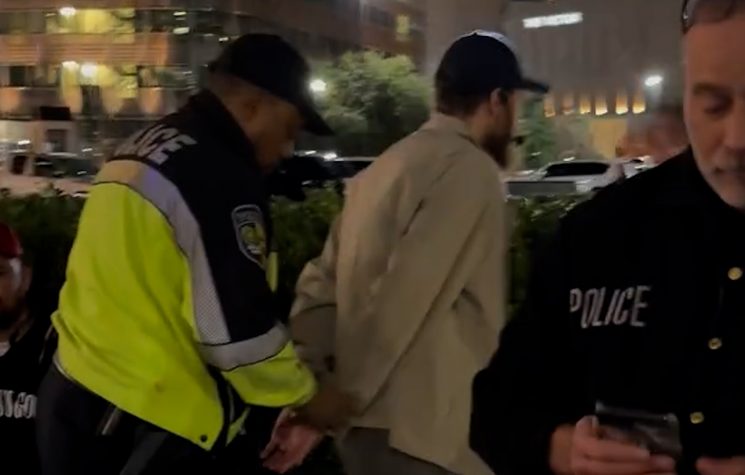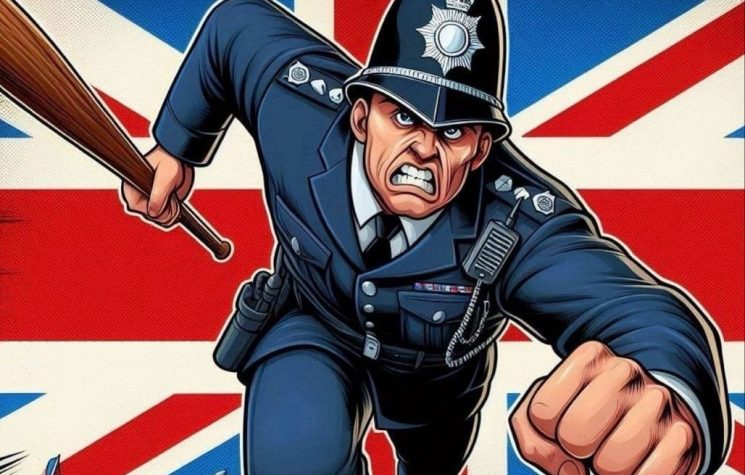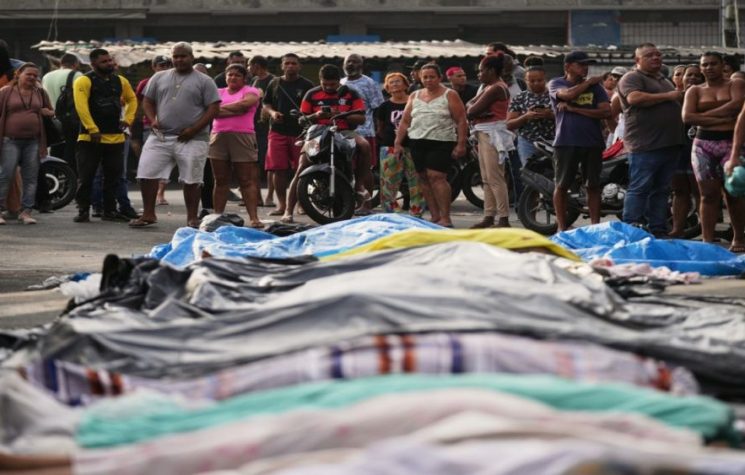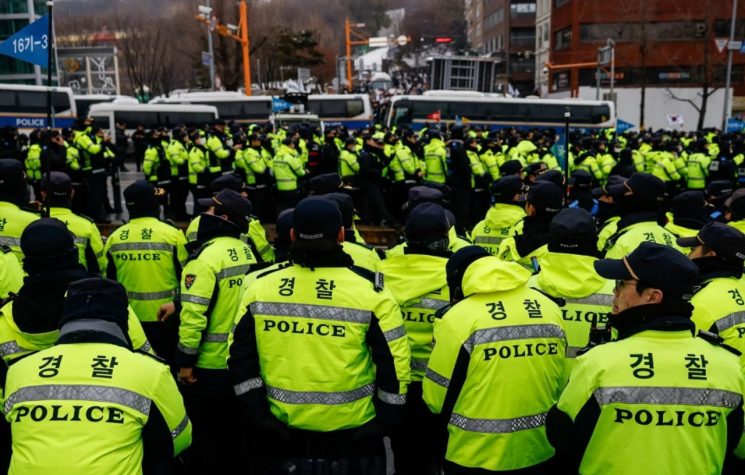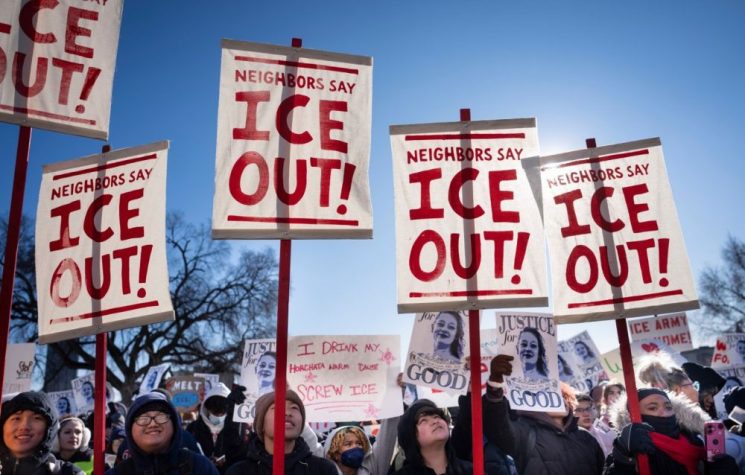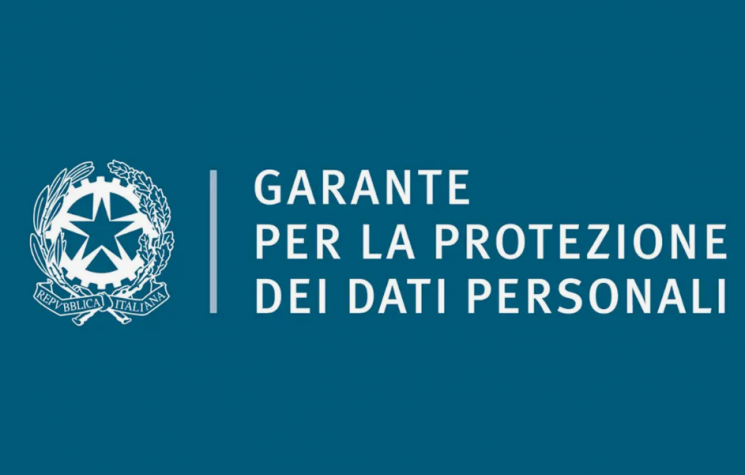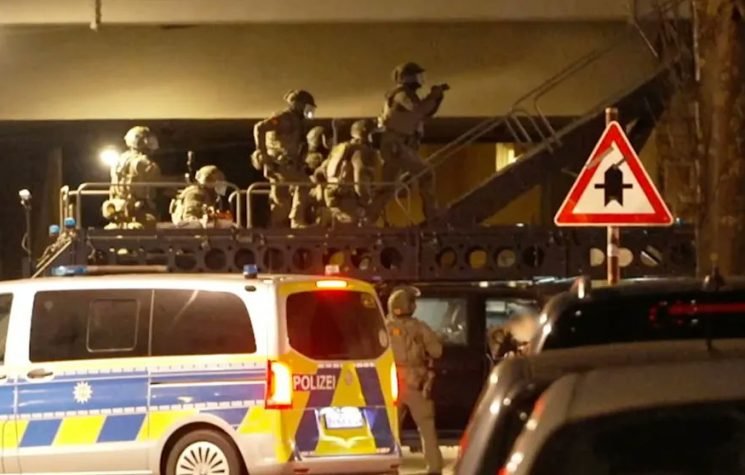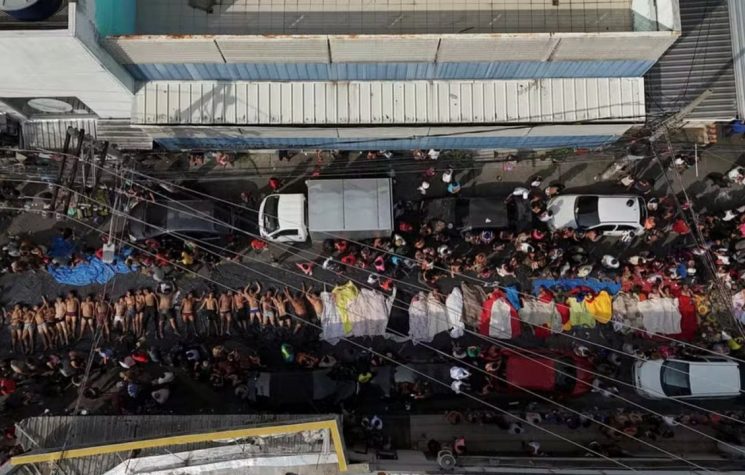When citizens perceive that the law is not applied equally, the legitimacy of the judicial system is called into question.
Contact us: info@strategic-culture.su
In March, the UK Sentencing Council—responsible for issuing sentencing guidelines for British courts—announced new procedural rules to be adopted by judges before delivering their verdicts. According to the Council, judges would be required to request reports containing personal and family background information on defendants to take this into account during sentencing.
However, the way this information was to be considered under the new mandatory procedure would be to treat the defendant’s membership in ethnic or religious “minorities” as a “mitigating factor” for criminal behavior.
In other words, for the same crime committed under identical objective circumstances, a member of a “minority” would receive a lighter sentence than a “white man.”
The announcement of this new guideline was so controversial that the Sentencing Council had no choice but to backtrack. Critics of the changes argued that this could turn the British judicial system into a “two-tier system,” where different people would receive different sentences solely based on their identity characteristics—effectively rendering some citizens second-class. The new guidelines were set to take effect in April but were scrapped for further review and debate.
Crisis averted? The problem is that the notion of the UK having a two-tier judicial system was already a common topic of discussion long before the Sentencing Council’s announcement. One could argue that the guideline change would merely have formalized a preexisting jurisprudential practice in the country, as evidenced by the case of immigrant-origin rape gangs.
The case of the Rotherham-based immigrant gangs became infamous. These gangs engaged in sexual abuse (including of children), sex trafficking, unlawful imprisonment, and more, victimizing over 1,500 children over at least three decades. So why did it take 30 years to uncover and dismantle this sexual abuse network specifically targeting native girls? Primarily because British police deliberately turned a blind eye, ignoring reports out of fear of being accused of “racism.”
The situation worsens when considering that, to this day, only a few dozen convictions have been made, with several offenders already released due to suspended sentences. Meanwhile, the UK routinely arrests citizens for alleged “racist” crimes committed online, treating them far more harshly and less leniently than rapists. It should be noted, by the way, that “racism arrests” in the UK can stem from comments as simple as complaining about “excessive immigration.”
In early April, the British newspaper The Times reported that UK police were making an average of 33 arrests per day over “offensive” social media posts. Extrapolating this average over a year—assuming it remains consistent—would result in over 12,000 people arrested for posts on X or Facebook. For comparison, in 2019, British comedian Konstantin Kisin revealed that in 2018, 3,300 people had been arrested for social media posts. In just seven years, the number of arrests has tripled. At the time, the comedian compared these figures to Russia’s 2018 numbers, which he claimed were around 400—despite Russia having double the UK’s population. Yet, according to Western media, Russia is the “autocracy”…
In one of these cases, which went viral, Hampshire police arrested a man for comparing the LGBT movement to Nazism online. The person filming the arrest was also arrested for “obstruction.” Another notorious case is that of Sam Melia, sentenced to two years in prison for putting up stickers on lampposts with slogans like “We’ll be a minority in our homeland by 2066,” criticizing mass immigration.
Meanwhile, this week, Yorkshire police announced they would temporarily suspend the recruitment of white men to increase diversity and inclusivity in their forces. This demonstrates that this is an institutionalized policy, not an isolated incident.
As if the Sentencing Council controversy wasn’t enough, the Ministry of Justice published new bail guidelines instructing that ethnic minorities should be given preference when granting bail.
However, it would be a mistake to assume this dystopian scenario is limited to controversies over immigration, racism, and demographic replacement. Anti-abortion activists also face draconian measures in Britain.
In 2023, for example, Livia Tossici-Bolt was sentenced to two years in prison for standing near an abortion clinic with a sign reading, “Here to talk if you want.” That same year, Adam Smith-Connor was detained for silently praying near an abortion clinic. He avoided prison but was ordered to pay nearly $12,000 in legal costs. This year, a similar case occurred: a 74-year-old woman was arrested for standing near a Glasgow university hospital (which provides abortion “services”) with a sign saying, “Coercion is a crime, here to talk if you want.”
When citizens perceive that the law is not applied equally, the legitimacy of the judicial system is called into question. Selective law enforcement—where relatively minor and trivial conduct is punished harshly while heinous crimes are treated leniently, all based on progressive values—inevitably erodes trust in justice.
Moreover, these contradictions undermine London’s claims to democratic legitimacy and invalidate its criticisms of other nations’ political systems, often dismissed as “dictatorships,” “autocracies,” and similar epithets.










